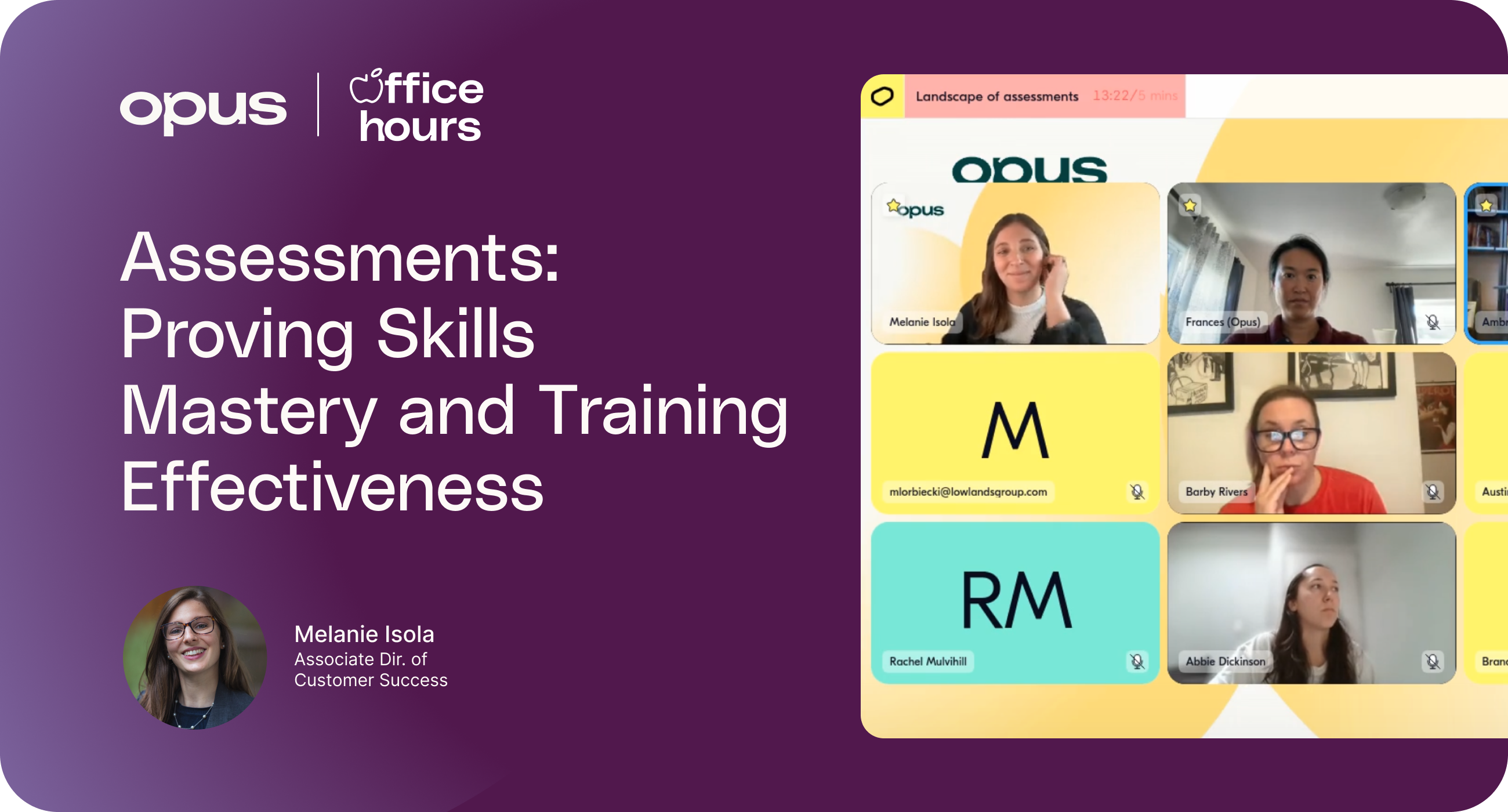Our March Office Hours focused on a critical question: How can restaurants build manager training that effectively combines both hard skills (operational knowledge) and soft skills (like communication and leadership)?
With guest expert Aleta Maxwell, CEO and cofounder of Uplifting Leadership, joining us, we explored practical approaches to creating balanced manager development programs.
Manager Training vs. Leadership Development: A Critical Distinction
The session highlighted an important distinction between two types of development:
- Manager Training: Role-based training focused on daily operations and technical skills needed to run shifts
- Leadership Development: Soft skills training that helps managers grow beyond basic operational competence
The most effective organizations create clear pathways for both, recognizing that new managers need operational skills first, then ongoing development of leadership capabilities over time.
Two Effective Approaches to Manager Development
We examined two customer examples that demonstrated different approaches:
Life's Food LLC (a 25-unit Five Guys franchisee) developed their program by:
- Working with top-performing GMs to establish standards
- Creating paths for different management positions (GMs, AGMs, Shift Leads)
- Using check-ins heavily to validate skills rather than focusing on content
- Seeing 50% less turnover and quicker ramp time as a result
BrickTown Brewery uses a six-week MIT program where:
- 70% of training happens in-person
- Opus supplements with courses focused on consistency
- Their approach gradually transitions from operational to leadership skills
Both examples illustrate that effective manager training combines structured learning with practical application.
Building Soft Skills Takes Practice: The Feedback Example
To demonstrate how to build soft skills training, we created a module focused on "giving effective feedback" - a critical management skill that develops over time. The workshop demonstrated:
- How to structure ongoing development after initial manager training
- Using pre-assessments to establish baseline comfort levels
- Incorporating role-play through check-ins for practice
- Adding reflection opportunities to solidify learning
- Building post-assessments to measure growth
This approach provides a template for developing other soft skills beyond initial operational training.
Practical Application in Opus
Our live build session (watch above!) showed how to structure a feedback module in Opus with:
- Clear expectations and learning objectives
- Self-assessment opportunities
- Practice sessions through check-ins
- Observation components
- Reflection questions
This structure can be applied to other soft skills development, creating a bridge between technical manager training and ongoing leadership development.

What's Next
Join us for our next round of Office Hours, where we'll be discussing:
- April 18: AI for L&D Strategy
- May 16: Training Meets Execution feat. Task Management
- June 27: Getting Field Buy-in
Register to save your seat today. With Office Hours, you only have to sign up once - we meet on the third Friday of every month.




.png)


